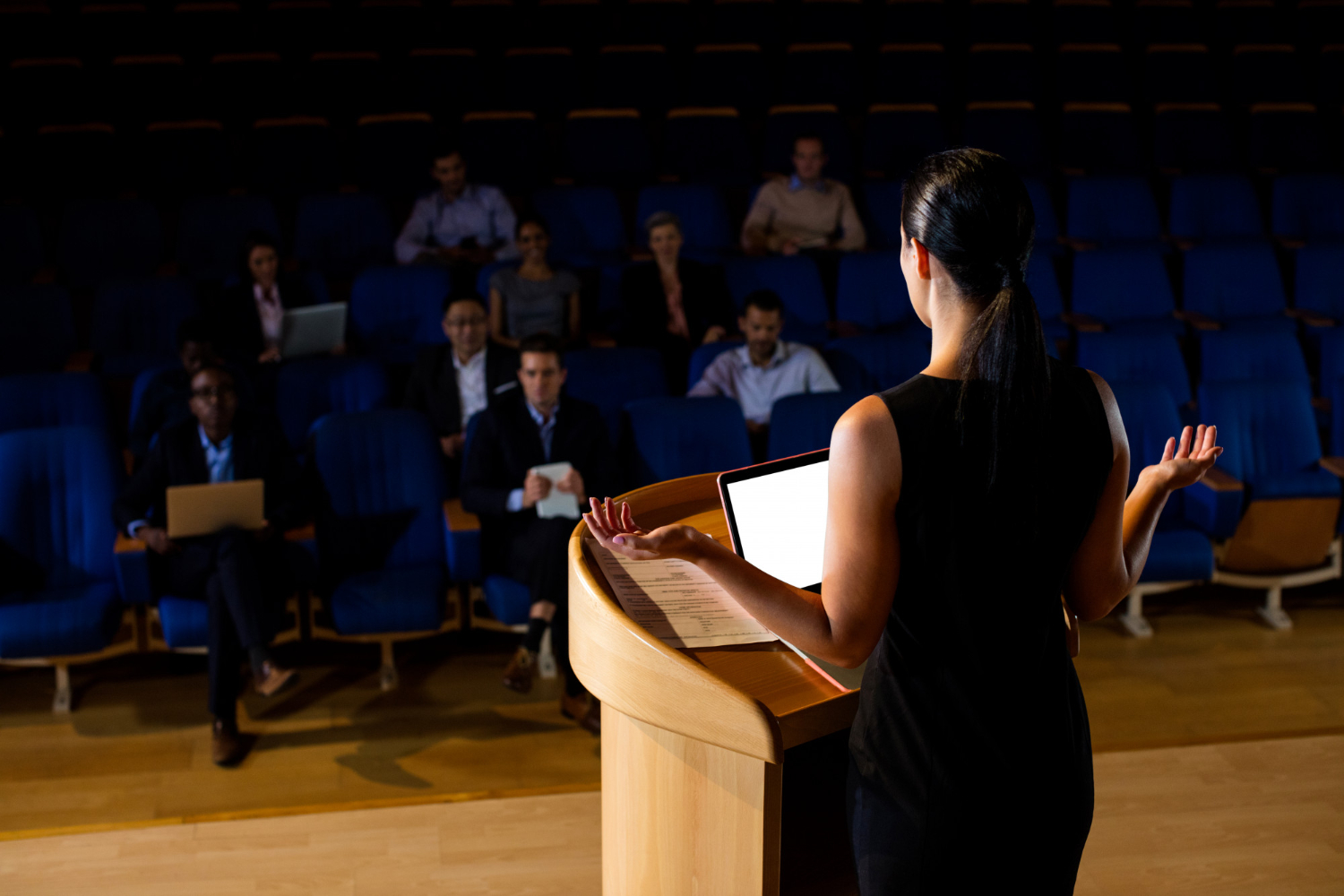Mock Jury: What Is It and How It Can Help Your Case

Navigating the tumultuous waters of a jury trial can be daunting. If you're keen to tilt the legal odds in your favor, a mock jury could be your secret weapon. Much like a legal focus group, a mock jury lets you test your case strategy before the main event.
Whether you're planning to participate in mock trials or just want to understand the process better, this blog post is for you.
We'll delve into the world of in-person mock trials and even take a peek into the burgeoning realm of online mock juries.
Are you ready to step into the shoes of a juror and peek behind the curtain of this essential legal tool? Read on.
What is a Mock Jury?
A mock jury, often used in complex legal cases, is a group of people who are hired to act as the jury in a fake or "mock" trial. The purpose is to see how real jurors might respond to the evidence and arguments before the actual trial begins. These mock juror jobs can range from in-person roles to online juror positions, and typically involve the completion of a questionnaire, followed by group research and deliberation.
With the rise of technology, the opportunity to serve as a virtual juror in a virtual jury has skyrocketed. Market research companies, such as Resolution Research, often employ these online platforms to conduct mock trials. Participants may review the complexity of the case via an online survey or a videotape of the proceedings.
The utilization of mock trials is an efficient way for legal teams to gauge potential reactions and adjust their strategies accordingly. As an online juror, you become a critical part of this valuable research process. This experience not only provides a unique glimpse into legal proceedings but also offers compensation for your time and insights.
How to Use a Mock Jury to Test Your Case's Strength
In many instances, legal teams resort to trial simulations to fully assess their case's efficacy.
Here's how they orchestrate it:
- Online Verdict for Evaluation: Attorneys often use platforms like Online Verdict to present their case to a virtual jury panel. This panel's feedback can help them understand how their case may fare in a real trial setting.
- Jury Test: A jury test involves serving as a juror in a virtual mock trial, providing an invaluable perspective on the legal strategy and areas where the prosecution or defense may be lacking.
- Trial Simulations: These are a type of rehearsal for the real courtroom drama. Often, a group of 9 mock jurors is assembled to mimic the dynamics of a real jury. This group's reactions, discussions, and verdict give attorneys insight into how a real jury might lean.
- Serving as a Juror: Serving in a mock trial, either in person or as part of a virtual jury, provides a unique perspective on the process and the case in question.
- Focus Group Research: This involves gathering a diverse group of individuals, reflecting real trial demographics, to discuss and deliberate the case. Their discussion, known as 'jury talk', is then analyzed for valuable insights.
- Virtual Mock Trials: With the advent of technology, virtual mock trials have become more prevalent. Here, participants review and deliberate the case from the comfort of their own homes, making this option not only convenient but also an excellent tool for gathering a broader range of demographic perspectives.
Mock Jury vs. Real Jury: What's the Difference?
Now, for some clarification on the differences between mock juries and actual trial juries. In essence, the primary difference lies in the weight of the decision.
A real jury has the legal authority and responsibility to determine the outcome of the case at hand when it goes to trial.
Their verdict, often formed through extensive jury talk, can significantly impact the lives of those involved.
Conversely, an eJury or online mock juror in a mock trial doesn't carry the same weight. Rather, their purpose is to provide insight into how a live jury might react to the case's presentation.
The process may be nearly identical, with a live mock trial emulating the setting of an actual trial, but the implications of the decision differ vastly. The online mock juror's duty is to give a perspective on the case, not to reach an ultimate decision.
Their input enables attorneys to refine their strategy, making mock juries invaluable for preparation before going to trial.
Advantages of Using a Mock Jury
Reduces Risk and Uncertainty
Mock juries help reduce the risk and uncertainty that comes with going to trial. By testing arguments and evidence in a controlled environment, attorneys can anticipate possible objections, identify weak spots in their case, and fine-tune their strategy. The valuable feedback from mock jury participants can significantly increase the chances of a successful trial outcome.
Insight into Juror's Mindset
The real strength of a mock jury lies in its ability to provide direct insight into a juror's mindset. Through their deliberations, attorneys can gain a clearer understanding of how jurors perceive specific arguments or pieces of evidence, which can help them prepare more effective courtroom strategies.
Broad Demographic Representation
Virtual mock juries can represent wider demographics since they can include participants from various geographical locations. This wide representation can be beneficial when trying to understand how different demographics might react to a case, helping attorneys to tailor their strategy accordingly.
Cost and Time Effective
Compared to a real trial that can extend over weeks or even months, mock trials are relatively short and inexpensive. They provide a quick and cost-effective method for attorneys to gauge their case's strength and potential jury reactions.
Enhances Confidence
Finally, the use of a mock jury can significantly boost an attorney's confidence by providing an opportunity to practice their courtroom presentation and receive constructive feedback. This rehearsal can help lessen the anxiety associated with courtroom proceedings, leading to more effective advocacy during the actual trial.
Limitations of Using a Mock Jury
While mock juries may provide invaluable insights and advantages, they are not without their limitations.
The selection for a virtual jury may not be as rigorous or comprehensive as an actual jury, which may result in skewed perspectives.
Online mock trials, while providing broad demographic representation, may lack the personal interaction and depth of discussion that occurs in a real-world jury setting.
Also, participants who regularly sign up for direct mock trial invitations may become overly familiar with the process, which could harm the authenticity of their feedback.
Furthermore, jury research suggests that people who are willing to receive invitations to mock juries and participate in them may have different characteristics or biases compared to the general population.
Another potential issue lies in the remuneration for these services. The pay for online jury duty may influence the types of participants who sign up, thereby potentially skewing the demographic representation. Despite these concerns, many legal teams continue to use mock juries due to the wealth of preparatory insights they offer.
Common Questions About Mock Juries
Q1: What is a Mock Jury?
A mock jury is a group of individuals, often diverse in nature, who are brought together to simulate a real jury trial. The primary purpose of a mock jury is to provide lawyers with feedback and insights on their case before it goes to trial. They review and deliberate on the case, mimicking an actual jury's behavior, but their verdict doesn't carry any legal weight.
Q2: How Does a Mock Jury Trial Work?
A mock jury trial works much like a real trial. Lawyers present their case, including arguments and evidence, to a group of mock jurors. These jurors then deliberate the case as if they were a real jury. They discuss the merits of the case, the strength of the evidence, and the effectiveness of the arguments. Their feedback helps lawyers anticipate potential objections, identify weak spots, and refine their strategy for the real trial.
Q3: Who Can Serve on a Mock Jury?
Almost anyone can serve on a mock jury. Mock jurors are typically everyday people of various backgrounds and demographics, reflecting the diversity of a real jury. Some mock jury services even offer the opportunity to participate in virtual mock trials, allowing individuals to serve from the comfort of their own homes.
Q4: How are Mock Jurors Selected?
The process for selecting mock jurors varies. Some services recruit through online platforms, social media, and even direct mail. Potential jurors may be asked to complete a questionnaire to ensure they represent a wide range of demographics. However, the selection process for a mock jury is often less rigorous than for a real jury.
Q5: Why are Mock Juries Important?
Mock juries are important because they provide valuable insights into how a real jury might react to a particular case. By simulating a trial with a mock jury, attorneys can test their arguments, witness testimonies, and evidence before a real trial. This process can highlight potential weaknesses in the case, allowing for improvements and increasing the chances of a successful trial outcome.
Key Takeaways
In conclusion, a mock jury can be a powerful tool for legal teams seeking to strengthen their case's strategy and increase the chances of a successful trial outcome. Whether in-person or online, mock juries provide a controlled environment to test arguments, evaluate evidence, and gain valuable feedback.
They offer insight into the minds of potential jurors, helping attorneys refine their courtroom strategies.
While they have limitations, such as potential biases and the lack of personal interaction, the benefits of reduced risk, broad demographic representation, cost-effectiveness, and enhanced confidence make mock juries a valuable preparatory tool in the complex world of legal proceedings.


